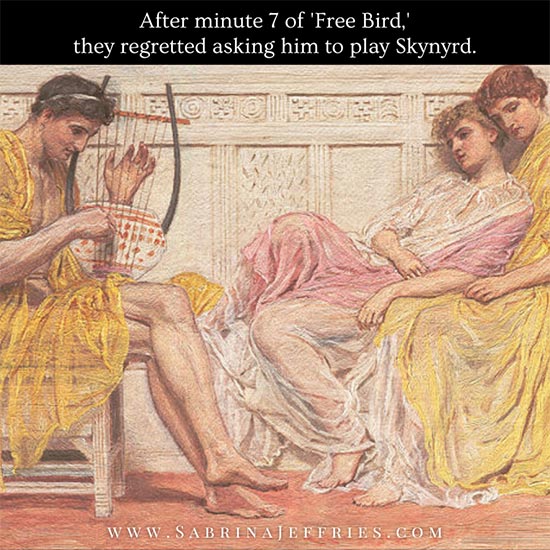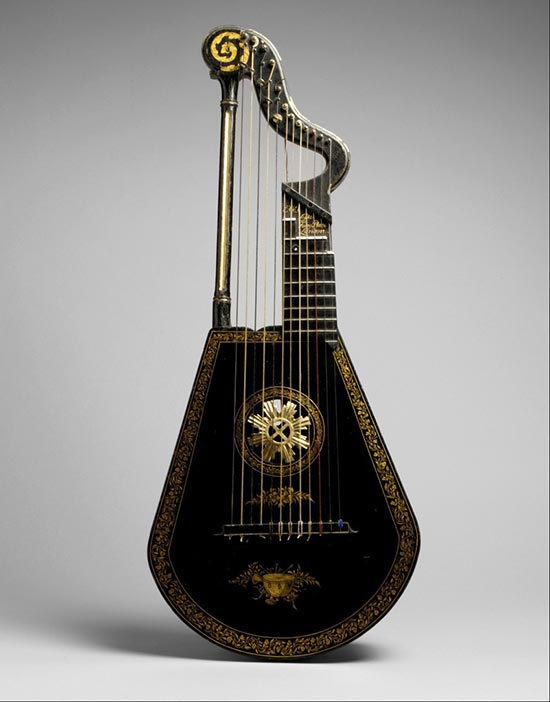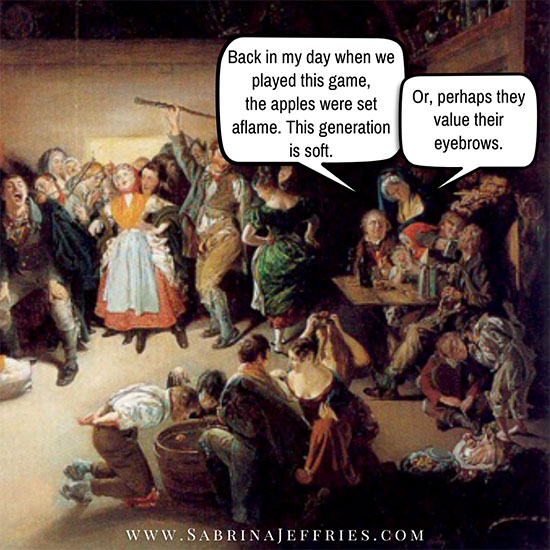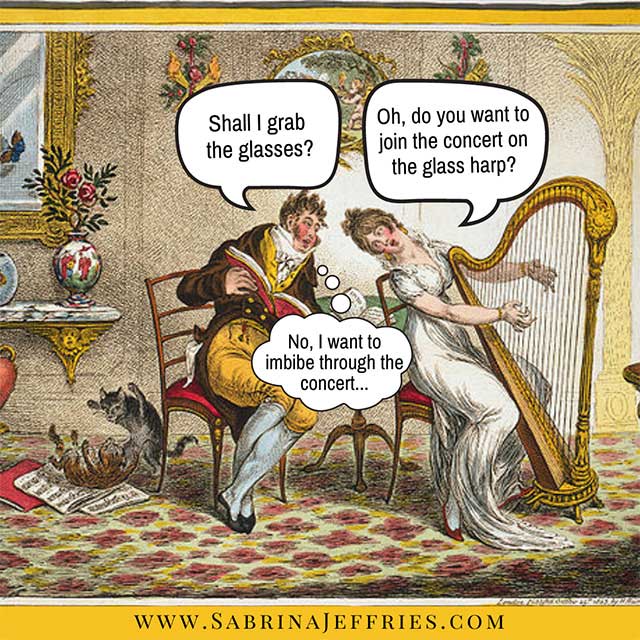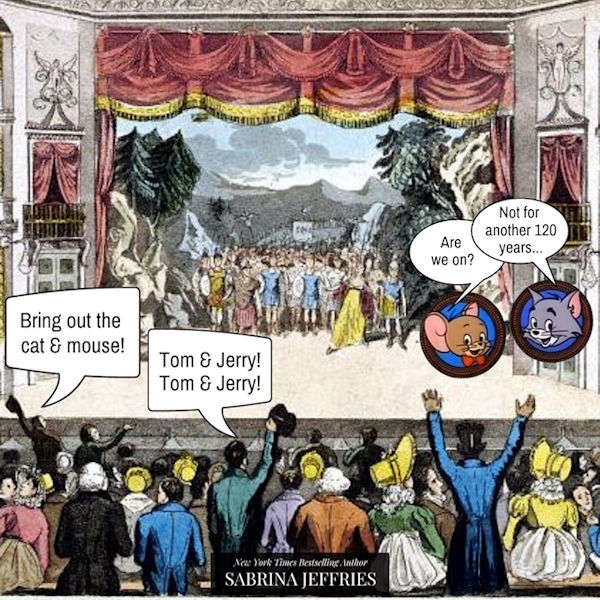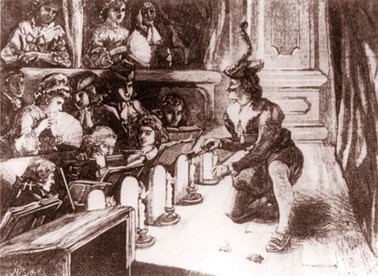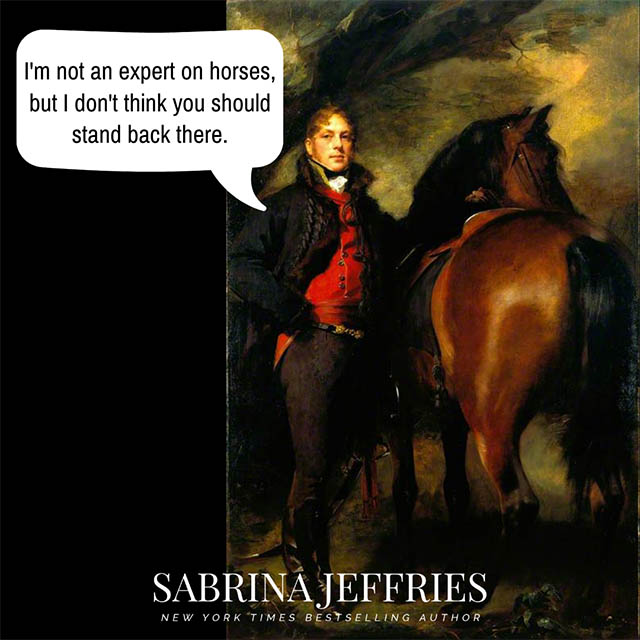Birdwatching
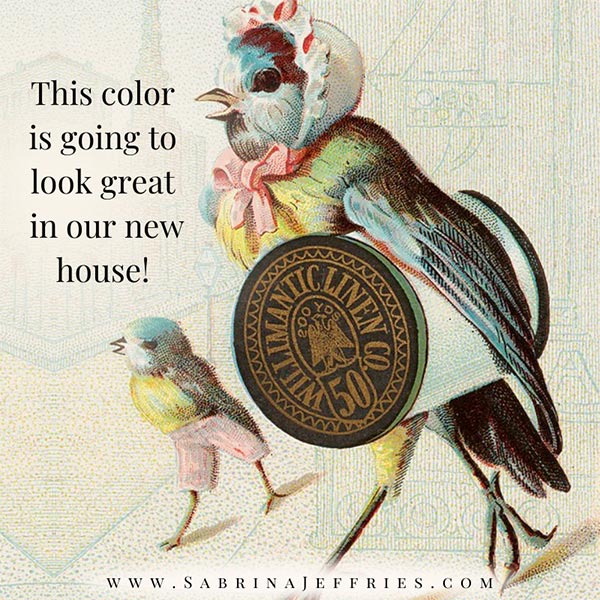
Y’all may or may not be aware that I’ve gotten into birdwatching from all my time spent writing on my deck. (I’d be there now except it’s all torn up as my husband gets it ready for spring.) That’s why I decided to give that hobby to Eliza. Also, Regency folks liked birds, too (no big surprise). I took her birdhouse from one that was actually from the period. Well, close to the period, anyway—1846. I had a hard time finding images earlier than the Victorian age, but the word “bird-seed” dates back to the 1700’s, and Regency era books abound for “bird-fanciers,” which tell you how to feed, house, rear, etc. birds of all types. Pet birds also appear in stories from the period. So I think I’m safe in saying Regency folks liked them!



